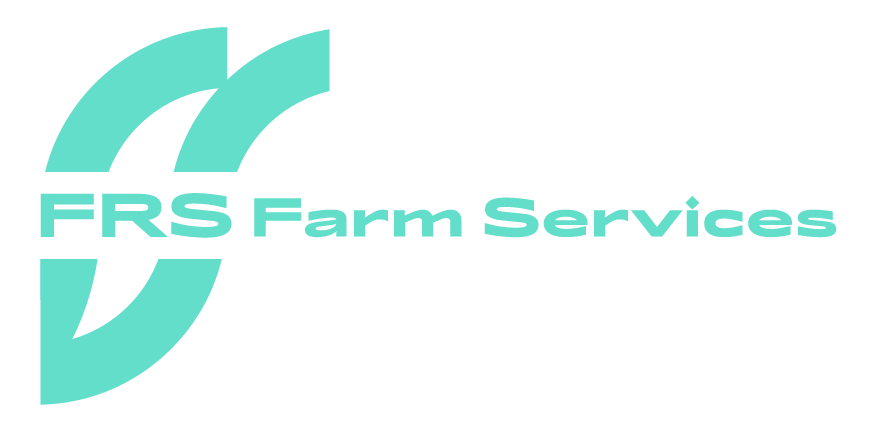A bull is a vital component for purposes of herd growth. The majority of Irish dairy and beef farms will run at least one bull with cows. A bull on spring-calving enterprises has his job done for this year. However, farmers need to keep their bulls healthy for them to preform again next year. The winter management of bulls can play a role in ensuring they are ready for next season.
Bulls that are not provided with the necessary care over the coming months have an increased risk of becoming infertile. Considering a bull is half the genetics of calves, a maintenance programme is needed. Particular attention needs to be paid to nutrition, health care and off-season management.
Nutrition
Studies show that a body condition score (BCS) 5 is adequate for a breeding bull. Feed supplies and sources vary on each farm, but good quality silage should be sufficient to keep the bull in good body condition. If needed, supplement their diet with additional meal. It is recommended for bulls to have a good level of vitamins A and E, selenium, copper, zinc and manganese in their diet. These minerals and vitamins serve as cell protectors and prevent damage to sperm from stress.
Avoid over-feeding with grain as this can lead to acidosis and liver abscesses, or foot problems. An over fed bull can also melt when serving. Strive to achieve a lean-to-moderate body condition. Depending on the severity of the weather, animals may need more energy to keep warm.
Health Care
Farmers need to be aware of the implications that the weather may have on their bulls. Scrotal frostbite can be caused by direct wind onto an animal and affect sperm production. Bulls will most likely recover from mild cases but bad frostbite can leave long term damage. Prevention is the best course of action and farmers should try put windbreakers in pens.
Bulls should also be included in the overall health care and vaccination programme of the farm. We recommend consulting with your local veterinarian to ensure that your bull is getting the proper care and appropriate doses.
Off Season
For safety, a well-designed bull pen is essential for the proper management. The bull pen should be located so that the bull can see other cattle and daily farm activity in the farmyard. The structure must be strong and high enough to stop them escaping
For bedding, straw is a good source of heat. Farmers should be aware of the dangers of getting in with a bull to bed them, bulls should be put out of the shed when bedding. Bulls should have access to a clean concrete floor, if possible. If a bull is only exposed to straw bedding, their feet are at a higher risk of becoming sore, tender, and in some cases, overgrown.
Pens where bulls are housed should be cleaned on regular occasions. A supply of clean water should always be available to the animal. The water supply should be easily cleaned from outside to avoid getting in with the stock bull. Stock bulls that are outwintered should be checked regularly.
Farmers must remember that bulls can be aggressive animals and always error on the side of caution. Watch for danger signs and never turn your back on a bull. If moving, dosing etc, always ensure you have help. Persons handling bulls should be fit and agile and be aged between 18 and 65 years.
For all your farm relief services needs contact your local FRS office. Visit www.frsfarmrelief.ie for all job opportunities and remember to book your milking operator now to ensure availability in spring when calving starts again.
Follow us on Facebook here.
